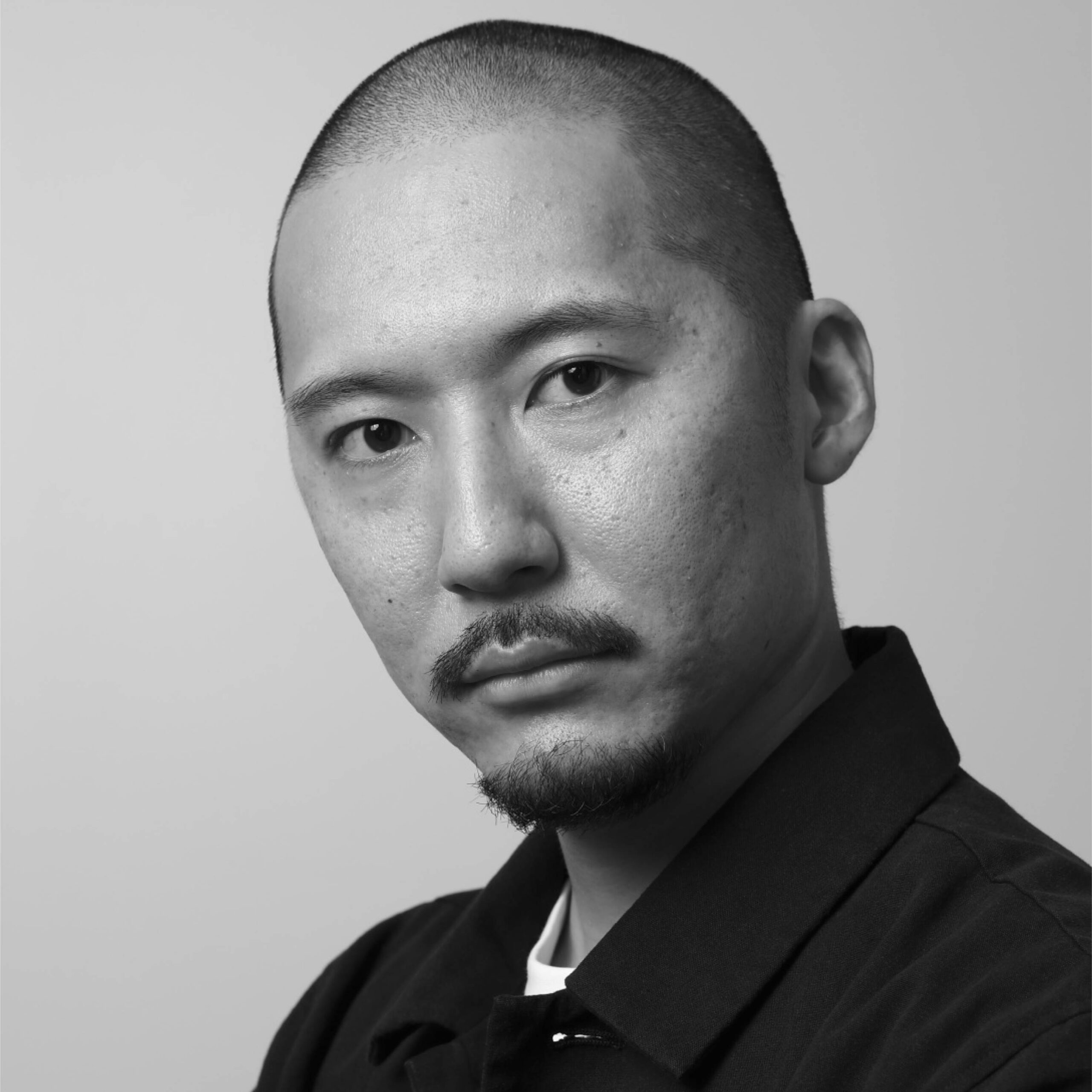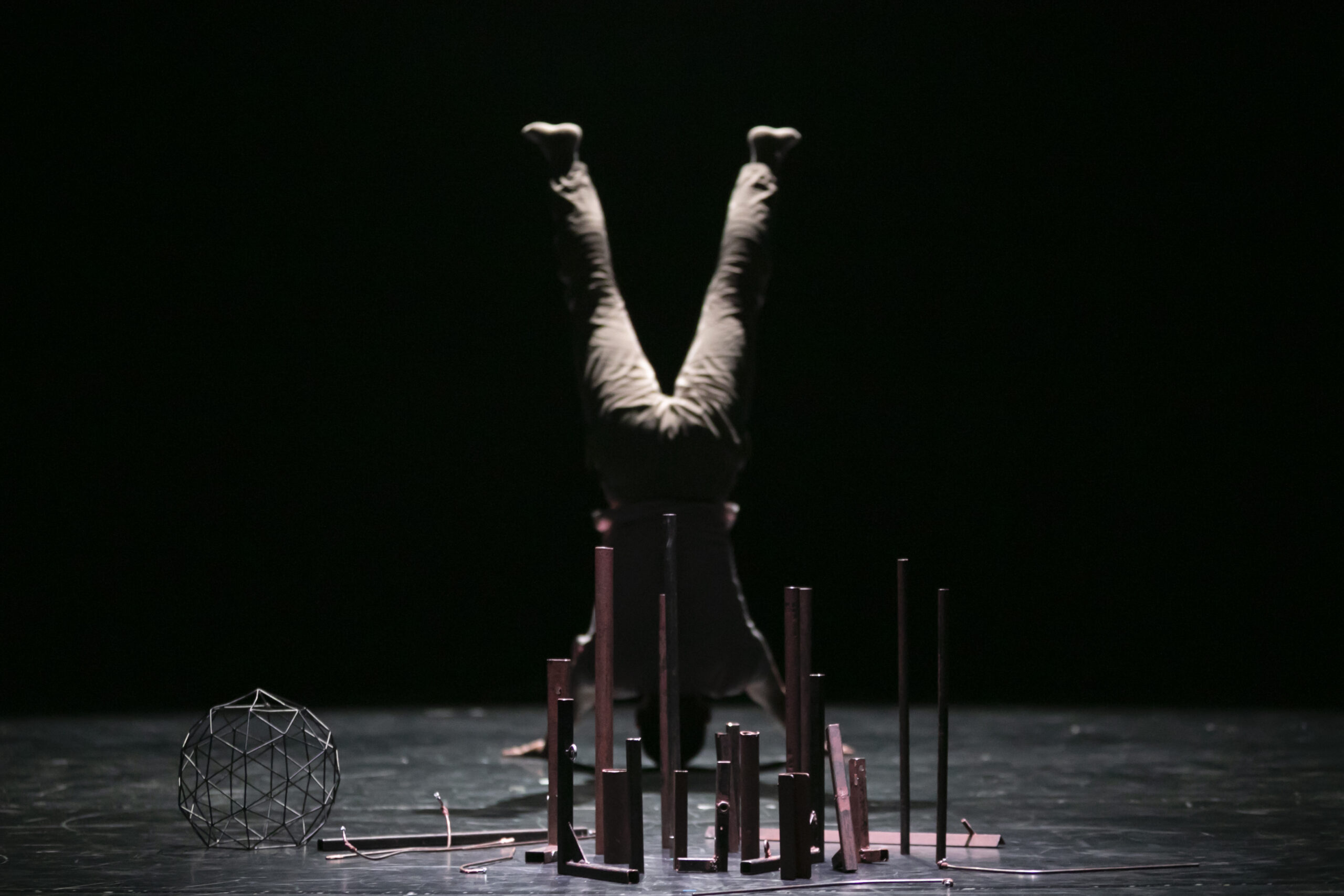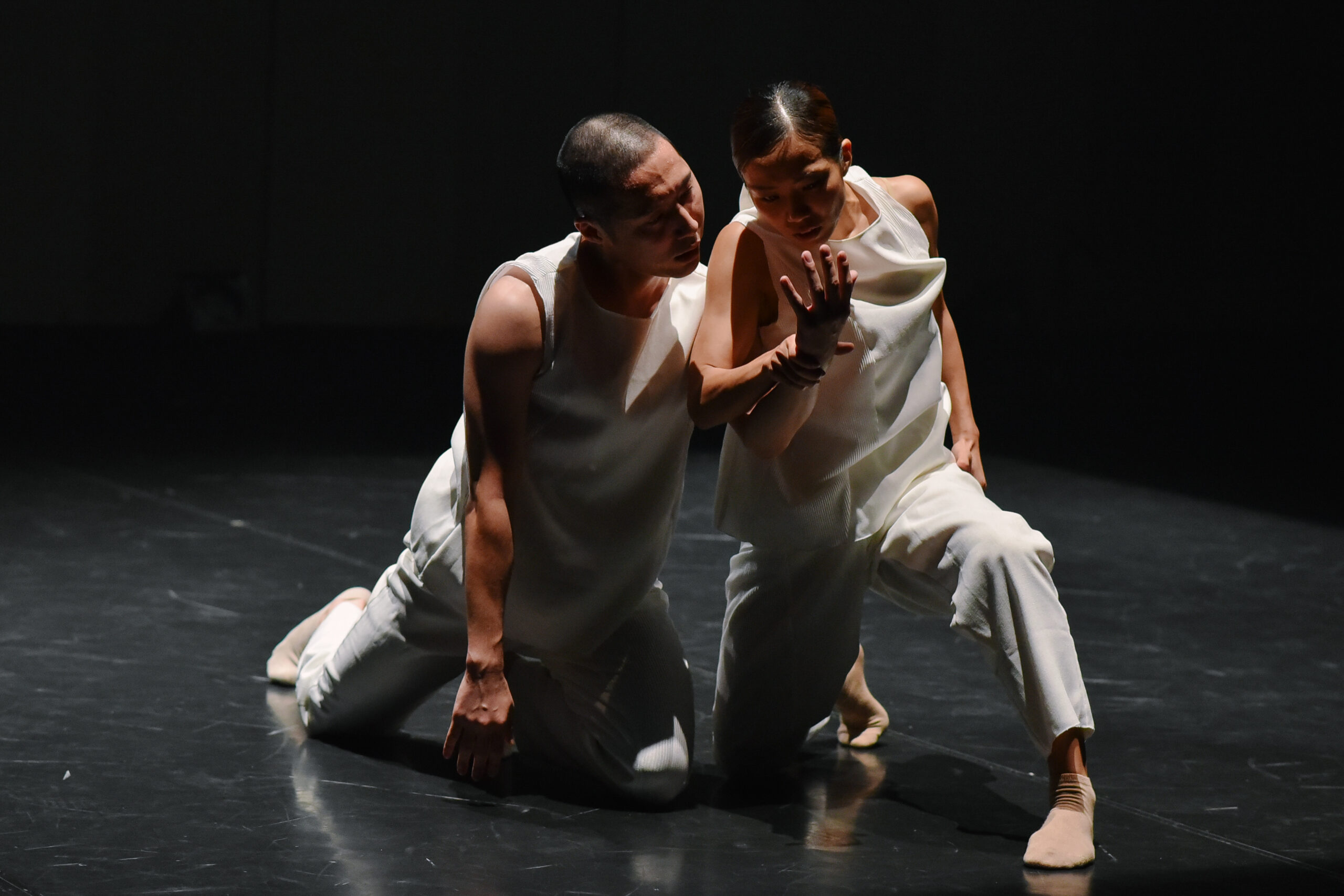Born in Yokohama, raised in Yamanashi, Wakayama and Tokyo. Graduated Rambert School in UK. During at Rambert, he was chosen to appear in Itzik Galili's "A Linha Curva" in Rambert Dance Comapany's UK tour. After graduating with first class degree, he joined Phoenix Dance Theatre under the artistic direction of Sharon Watson where he danced works by many choreographers. Since leaving Phoenix, he has been a freelance artist and danced in a section of London Olympic 2012 Opening Ceremony choreographed by Akram Khan. He moved his base to Tokyo and has worked with Sidi Larbi Cherkaoui, Philippe Decouflé, Tero Saarinen, Inbal Pinto/Avshalom Pollak, Ella Rothchild, Tristan Sharps, Motoko Hirayama, Ryohei Kondo, Kenta Kojiri, and many others.
As a choreographer, he has created many works and "Agnus"(2013) has won Session Best Prize from Kagurazaka Session House. In Yokohama Dance Collection 2017 Competition1, "BU" has won Prize for young choreographer from French Embassy, MASDANZA Prize and FITS Award from Sibiu International Performing Arts Festival.
As the first Associate Choreographer of Dance Base Yokohama, he is creating new works constantly. He will premiere 3 brand new choreographies in December 2021 at AICHI PREFECTURAL ART THEATER.

Ryu Suzuki
- Contact person :
- Ryu Suzuki
- Position :
- Choreographer/Dancer Associate Choreographer of Dance Base Yokohama(DaBY)
- Link :
- https://www.ryusuzuki.com
Last update : 01 Jun. 2022
Works

AFTER RUST (2018)
“AFTER RUST” is a solo piece based on the question: “what is the next stage after rust?” It explores what happens to a material after rusting, by focusing on physical and mental rust on human body and mind.
When I created AFTER RUST was the year I turned 30 years old. I had been feeling that my body was kind of rusting and deteriorating for the past few years because I had been choreographing and teaching more than dancing. I wanted to come face to face with this rust, and re-focus on my own body and language as an artist.
During the research, I found out that it is more natural for any metals to be rusty than shiny. The shiny state of metals we see in our daily life doesn’t exist naturally. The metals are more likely to be oxidized in the nature. Is it the same for my body that it wants to go back to its natural state? If so, can this feeling of rustiness be just a stage of evolution?
AFTER RUST is the hope for my own body.

MUGEN(2018)
MUGEN is a duet based on the concept of ‘labour’.
A Japanese word ‘MUGEN’ can be translated to many meanings such as ‘fantasy’ or ‘infinity’. In this piece, I focus on one way of using this word; ‘MUGEN JIGOKU’ which is translated to ‘incessant hell’ and it is the eighth and the deepest stage of the hell with all kinds of restless agonies. I think our world is getting very close to being like that because people are having to work so much everyday but not getting enough rewards to compensate the amount of time we are sacrificing.
A Japanese poet Takuboku Ishikawa(1886-1912) wrote this poem in 1910;
I toil on and on,
work on and on in earnest,
yet my livelihood can never be easier
I look steadily at my hands.
It expresses his suffering from working so hard, yet his life not getting easier at all. What I liked about this poem is that his conclusion was to “look steadily at my hand”. There was nothing else he could do about it and he could only stare at his hands and feel helpless. It was written more than a century ago, but we all can under stand what he is trying to say even in the modern world. You work and work every day but it seems like your hands are just hanging there and can’t do anything to change your life.
We use a lot of improvisations in MUGEN, and all movements come from lines in our palms. As you can see in the piece, we keep our focus on hands and we used palm readings as a map to generate movements. I believe that my hands are there to create good things, not to just look at them and feel negative about myself. Takuboku found despair in his hands, but I find ‘infinite’ possibilities and ‘fantasies’ in mine.
When you are working so hard but no one pays attention to your strives, I‘m so sure that you’d want to stare at your hands and ask yourself;
‘Why am I doing this?’
What is the meaning of labour? That is the main question I’d like to propose by performing MUGEN.